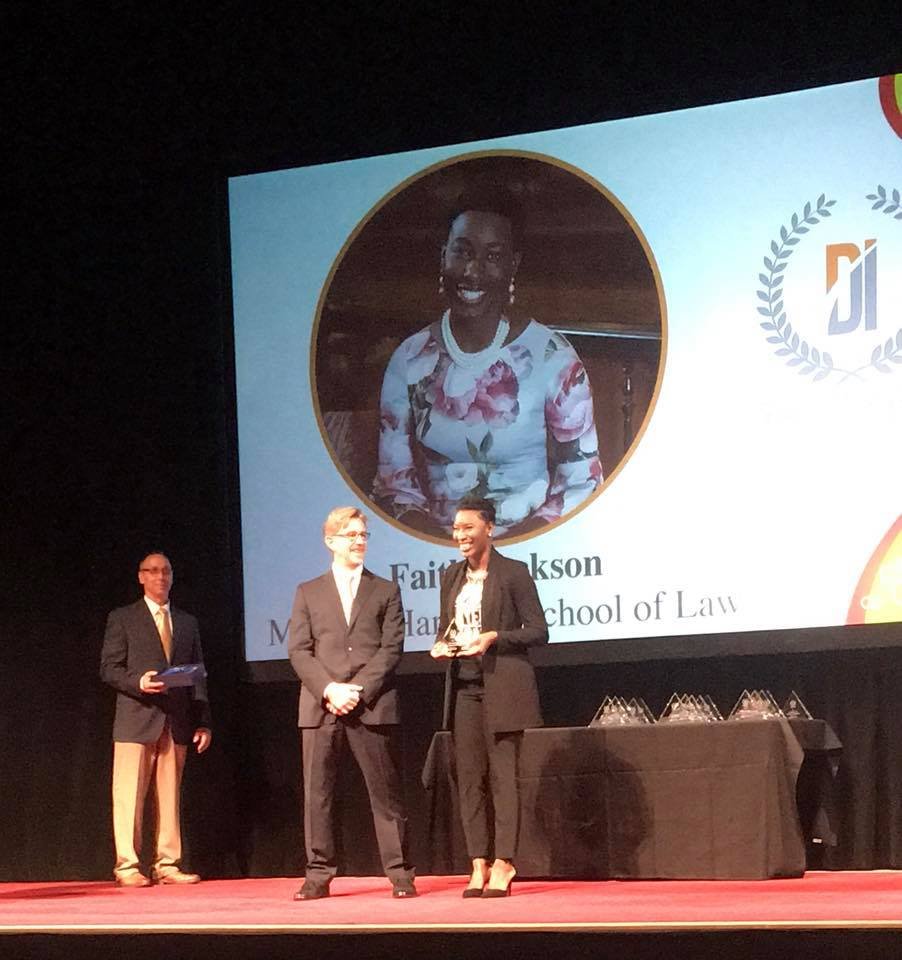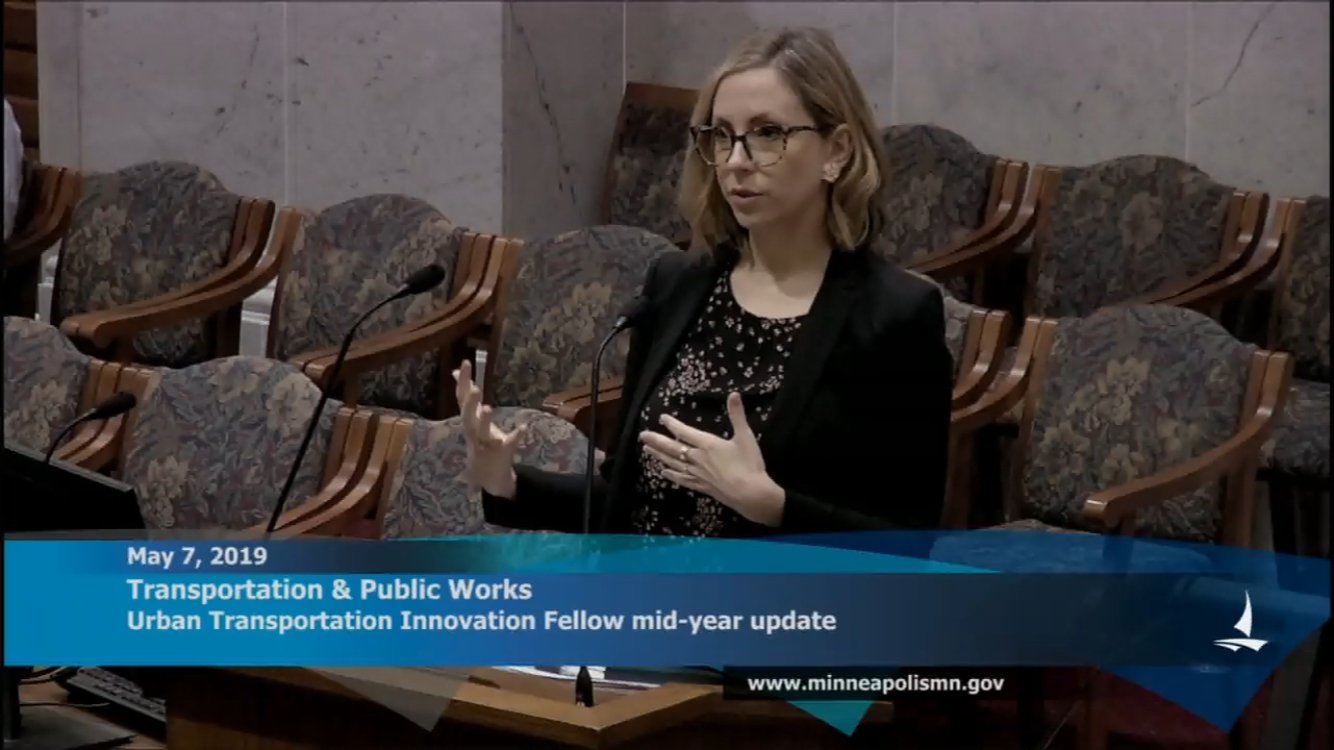When Faith Jackson began working for the City of Bloomington in Minnesota three years ago, she was thrilled to break new ground as the City’s first racial equity coordinator. Faith previously worked in racial equity and inclusion for the Cities of Minneapolis and Saint Paul, but her dedication to social justice started long before then:
“I am a very proud daughter of Mississippi, and I grew up learning at the feet of elders. I always say that. My parents advocated for themselves and others while I was in the womb, so I feel like I was born into it.”
Faith grew up in a racially hostile environment in Mississippi. When she was young, her family moved into a white neighborhood for her father to meet the residency requirement for a county job. They were the only Black family in their neighborhood, and she and her brother were the only Black students at their elementary school. There, Faith’s family experienced racism and discrimination:
“No one wanted us to stay. We had the Klan members burn crosses in our yard. We would make copies of all our homework assignments so that we could track at the end of the year what our grades should actually be. And all we needed to do was cross over the train tracks, and I would have had an entirely different experience.”
Faith interning at the City of Minneapolis Department of Civil Rights. Pictured with Velma Korbel, the former Civil Rights Director.
Being required to navigate racism at a young age shaped Faith’s perspective of her world. Growing up, she knew she wanted to help improve other people’s lives. This motivated her to work in government. Faith attended Tougaloo College in Jackson, Mississippi, “the cradle of the civil rights movement.” After receiving her bachelor’s degree, she moved to Minnesota to attend Hamline University School of Law.
Throughout law school, she interned at the City of Minneapolis Civil Rights Department and discovered a passion for policy work. After graduating, Faith was offered a full-time job in the Civil Rights Department. Within a week, she went from an intern to the newest member of their leadership team.
Faith accepting an award from Minnesota Lawyer
Faith worked for the City of Minneapolis for several years before taking her experience to St. Paul and, ultimately, Bloomington. In the fall of 2019, she was hired to build the blueprint for embedding equity and inclusion throughout the organization’s fabric.
Very quickly, Faith faced unprecedented challenges that required courage. After George Floyd’s murder in neighboring Minneapolis, Faith was put in a position where she had to be a mediator between the City of Bloomington and the community. Growing up as an activist, she felt conflicted being on the other side of the table, and she thought a lot about the City’s strategies to progress racial equity and what they wanted to accomplish.
“I made it through those moments by remembering why I chose to work in government in the first place. I reminded myself of the need and ability to influence change from within the system. I promised them that I would use my position in local government to hold the City accountable to its commitment to racial equity. I asked them to hold me accountable to that promise.”
It takes courage to disrupt systems, and Faith is leading racial equity work in government fearlessly. It can be scary to make big decisions in unprecedented times without best practices or a blueprint to rely on; to help, she leans on her professional and academic achievements, as well as her personal experiences of growing up as a Black woman and a descendant of the civil rights movement. Faith’s bravery, connection to the community, and strong sense of self help her know the right thing to do in each new situation.
Faith participating in an event with the City of Minneapolis Department of Civil Rights

























